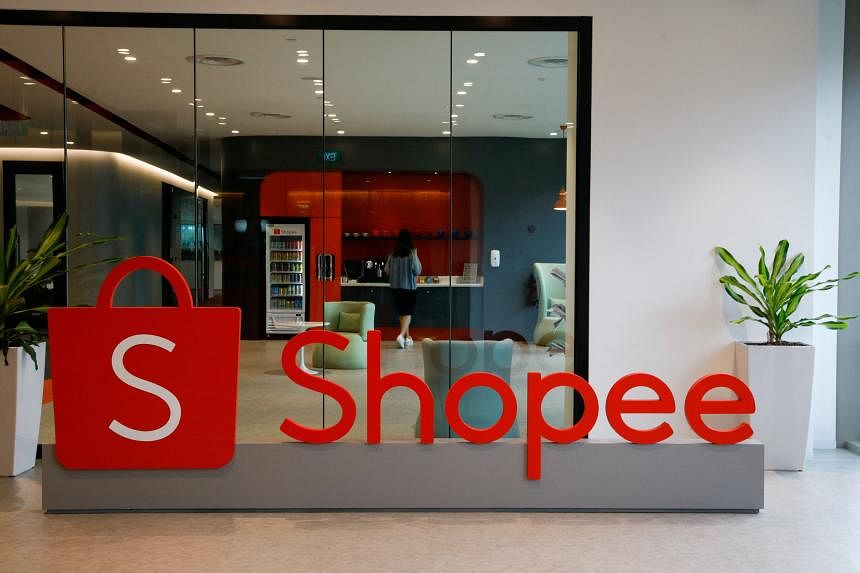- Joined
- Nov 25, 2011
- Messages
- 29,661
- Points
- 113
Easily the smart business to take to IPO and let it bleed. Investors will always imagine that it’s easy for profits to multiply in the e-commerce space
Robinhood does not charge brokerage for stock purchase so where do they make the money?profit sharing?Robinhood lays off 23% of staff, blaming crypto meltdown and inflation
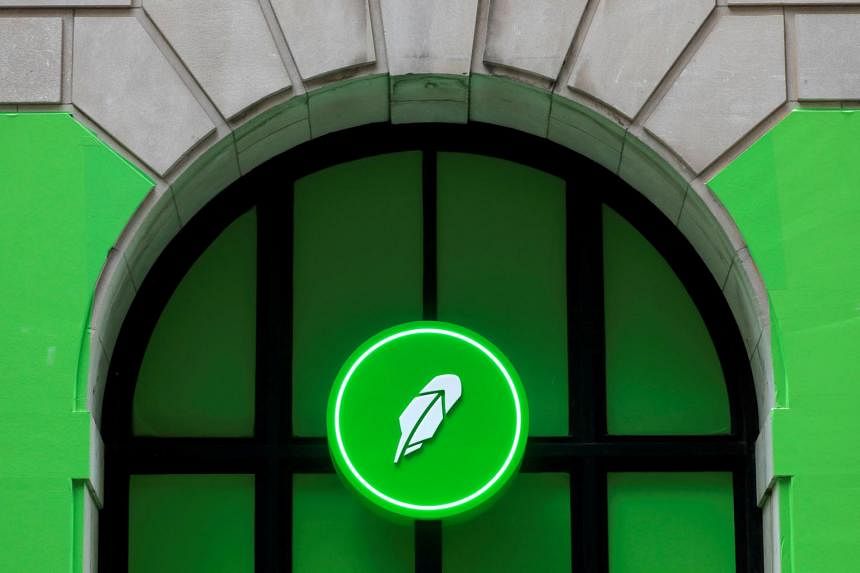
The announcement followed closely on the heels of cuts in April, when Robinhood laid off 340 workers. PHOTO: REUTERS
AUG 3, 2022
NEW YORK (NYTIMES) - Robinhood, the trading app that popularised one-click trading and helped fuel last year's meme stock frenzy, said on Tuesday (Aug 2) that it was laying off about 23 per cent of its workforce.
Chief executive Vlad Tenev said in a blog post that the layoffs would affect employees across the company, especially those in operations, marketing and programme management roles.
The announcement followed closely on the heels of cuts in April, when Robinhood laid off 340 workers, or about 9 per cent of its employees at the time. Since then, Mr Tenev wrote, further worsening of the economy, including inflation and the crash of the crypto market, has "reduced customer trading activity and assets under custody".
The price of Bitcoin has fallen by more than half this year, to about US$23,000 per coin. The cryptocurrency rose as high as US$66,000 in late last year.
The layoffs come as part of a wave of job cuts at tech companies, including some cryptocurrency firms. In June, cryptocurrency exchanges including Coinbase and Gemini announced that they were laying off employees. Last week, Shopify, an online marketplace, announced it was cutting 10 per cent of its 10,000 employees.
In his memo on Tuesday, Mr Tenev said Robinhood misjudged the economy and trading activity.
"As CEO, I approved and took responsibility for our ambitious staffing trajectory - this is on me," he wrote.
The company also released its second-quarter results on Tuesday, reporting that its monthly count of active users declined to 14 million in June, a decrease of 1.9 million.
The turbulence represents a major comedown for Robinhood, which became a key player in the meme stock craze early last year, when investors banded together to drive up the stocks of companies including video game retailer GameStop and movie theatre chain AMC.
On Jan 27 last year, GameStop shares closed up nearly 1,800 per cent from a few weeks before, a record.
Then, Robinhood restricted trading in some meme stocks. The restrictions led the stocks to plunge. Lawsuits, a US Securities and Exchange Commission investigation and congressional hearings soon followed.
Robinhood's stock price soared during the meme stock trading.
On Aug 7 last year, the company was worth US$46 billion (S$63.6 billion), up about 60 per cent from its valuation a week before. But its stock has plunged 50 per cent since the beginning of the year as it continues to deal with the fallout.
The overall value of the cryptocurrency market is down to about US$1 trillion from US$3 trillion last year, when enthusiasm for crypto trading peaked and the price of Bitcoin reached a new high.
Robinhood has been working to build out its crypto arm this year, listing new coins and rolling out a crypto wallet product.
"The one thing that I liked the least about Robinhood is their crypto exposure," said Mizuho senior analyst Dan Dolev. "Anything that has no intrinsic value is always prone to problems."
Also on Tuesday, the New York State Department of Financial Services announced it was fining Robinhood's crypto operation US$30 million over violations of its anti-money-laundering and cyber-security regulations.
Robinhood does not charge brokerage for stock purchase so where do they make the money?profit sharing?
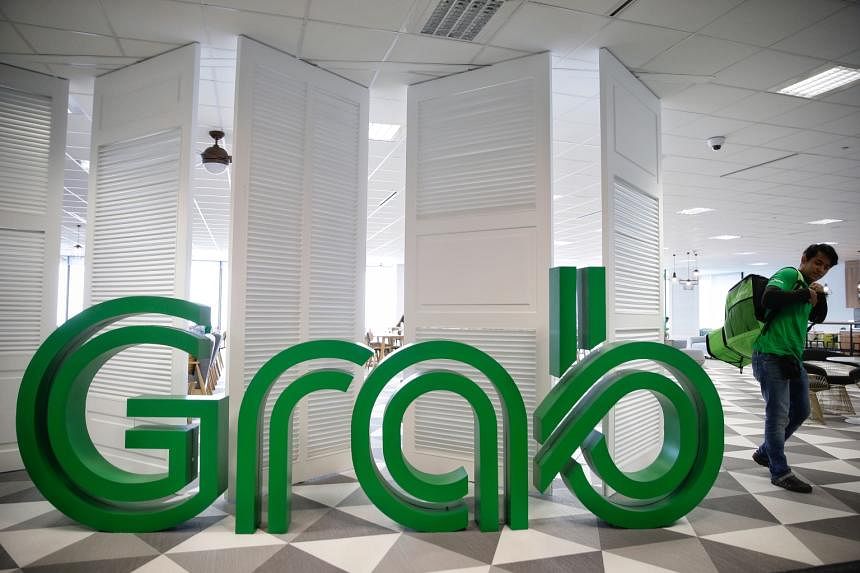


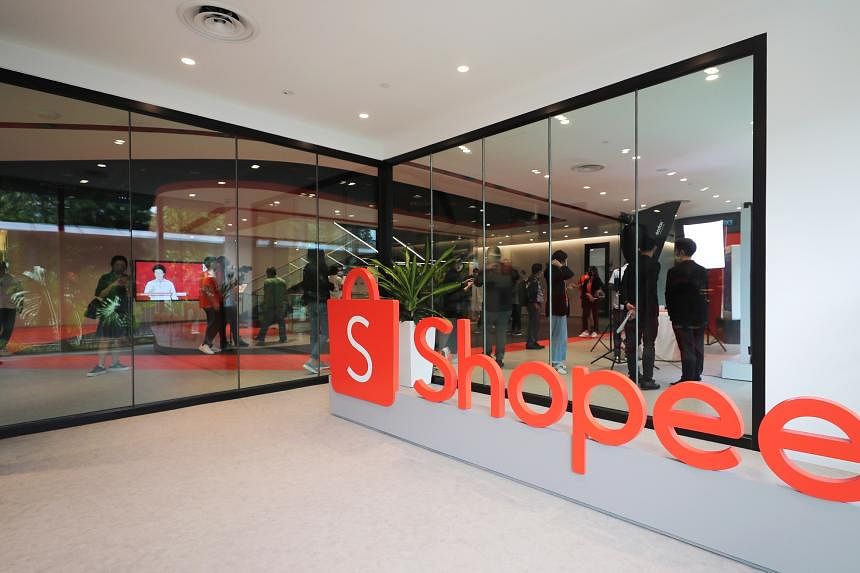

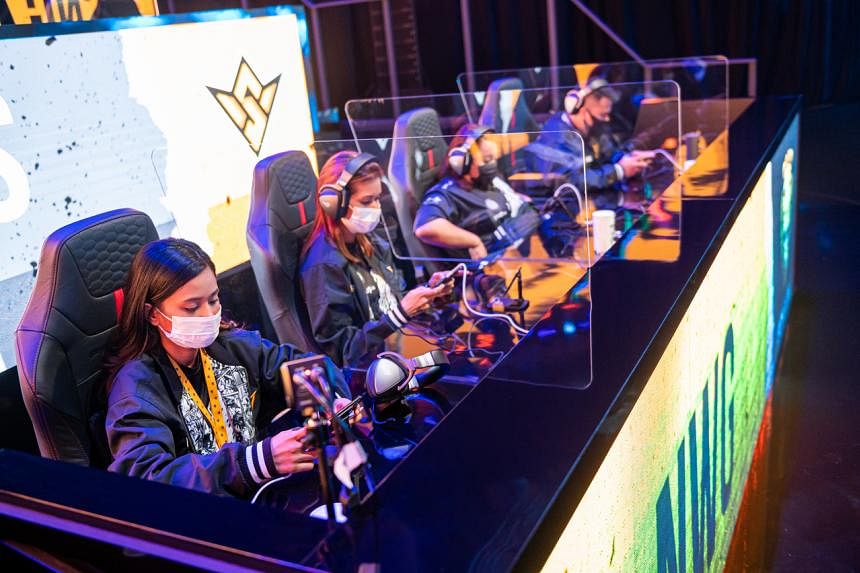
Do banks still offer overnight loans? I was told no more.....I briefly read some time ago that they make money from the customers' float i.e. the customers' monies sitting in its brokerage accounts. Imagine putting USD500 million of customers' monies in overnight deposits earning 0.1%. That is $500,000 free money in 1 night and $182 million in 1 year.
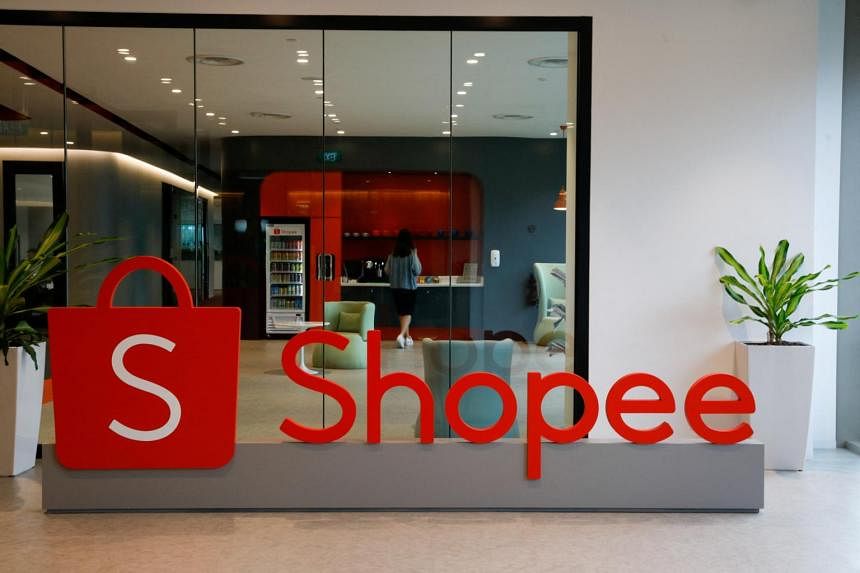

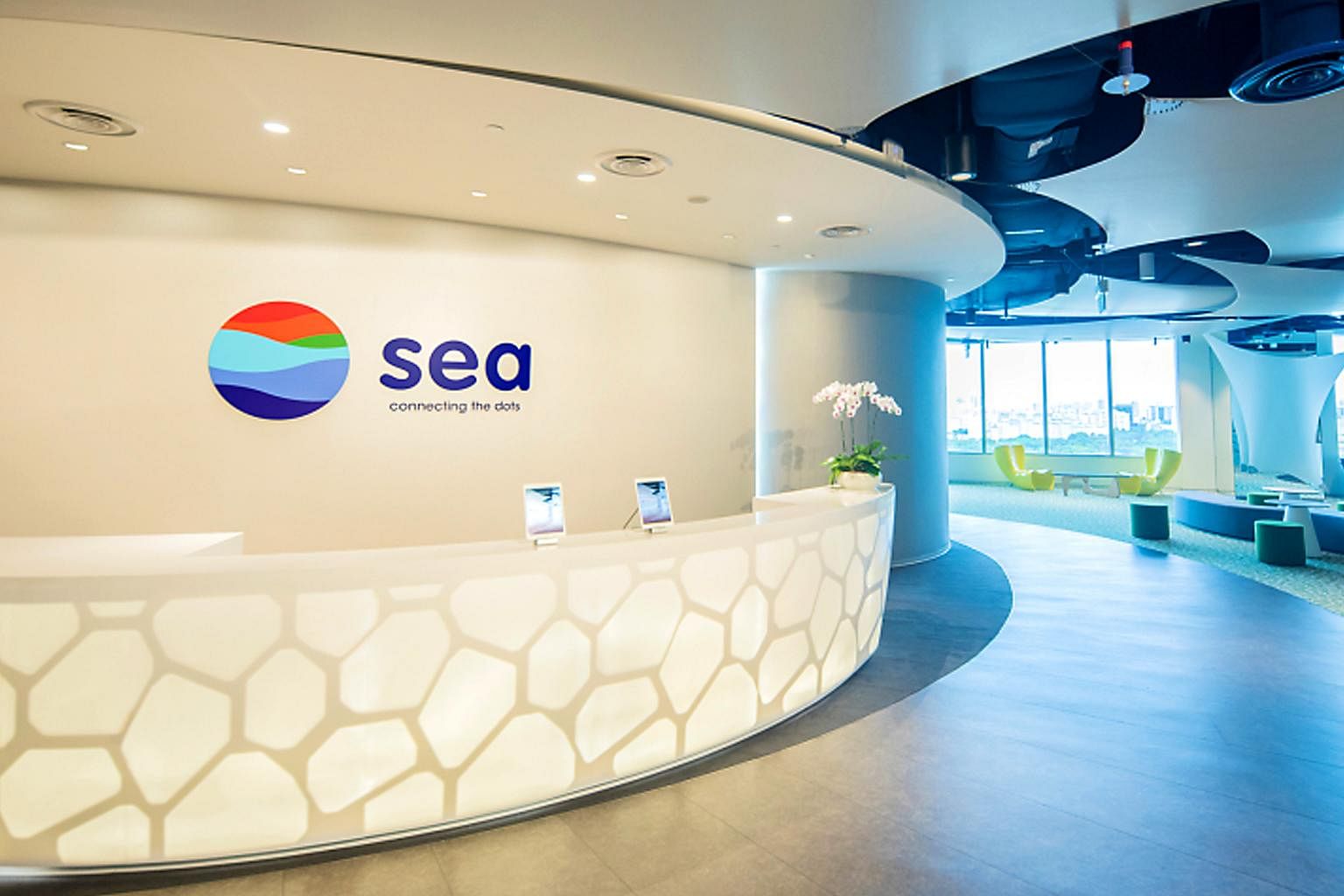
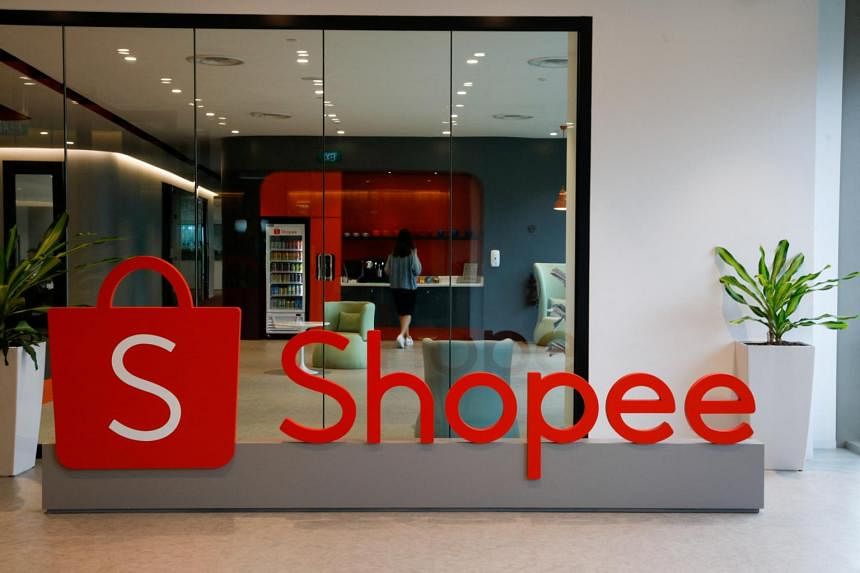
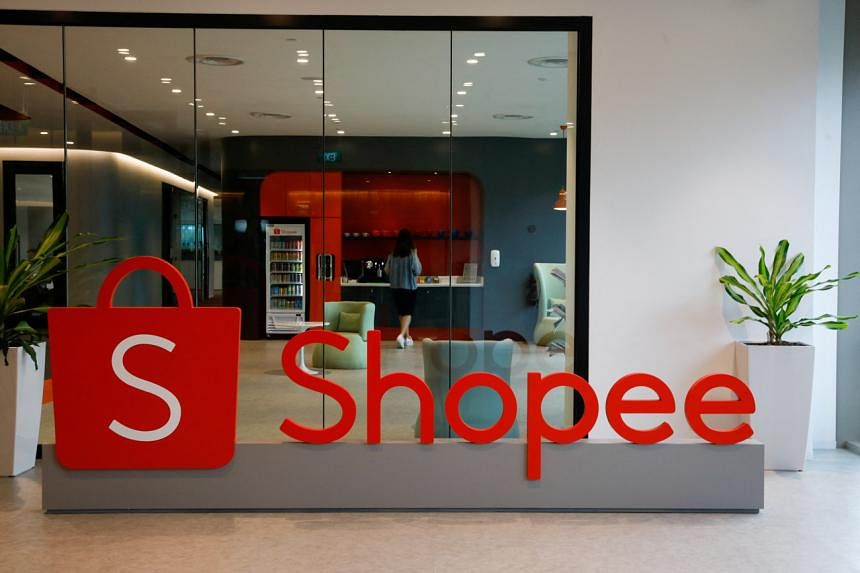

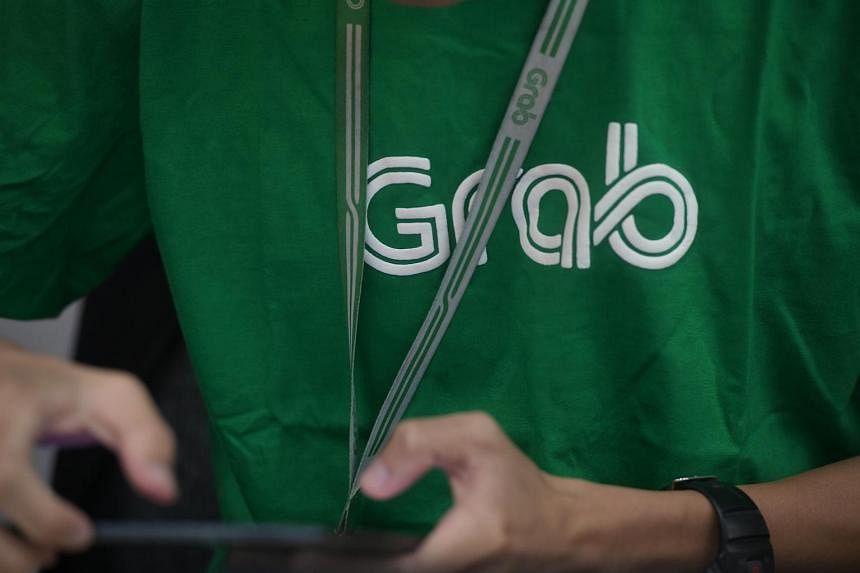

I was thinking of combining the entire asean stock exchange in one domination on the net.I briefly read some time ago that they make money from the customers' float i.e. the customers' monies sitting in its brokerage accounts. Imagine putting USD500 million of customers' monies in overnight deposits earning 0.1%. That is $500,000 free money in 1 night and $182 million in 1 year.
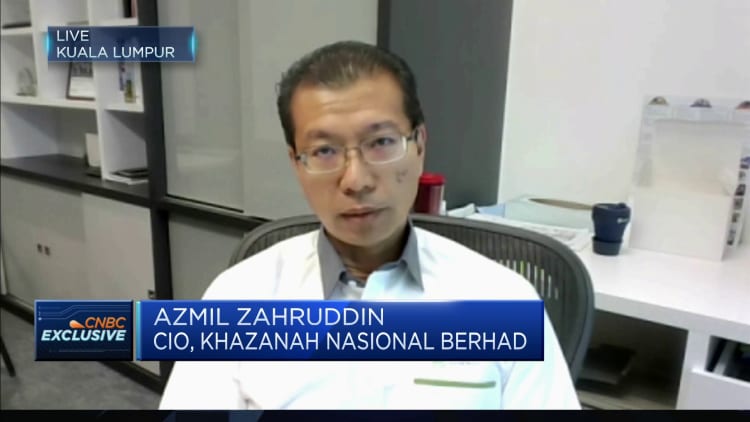


Khazanah posted a nearly 80% drop in annual profits in 2021 to 670 million Malaysian ringgit, or $150.36 million. The year before profits also fell about 60% to RM $2.9 billion.In hindsight, it is a good thing that we’re not really able to do direct investments anyway, because that is something that is quite challenging for anyone who’s been in VC.
Azmil Zahruddin
KHAZANAH NASIONAL

